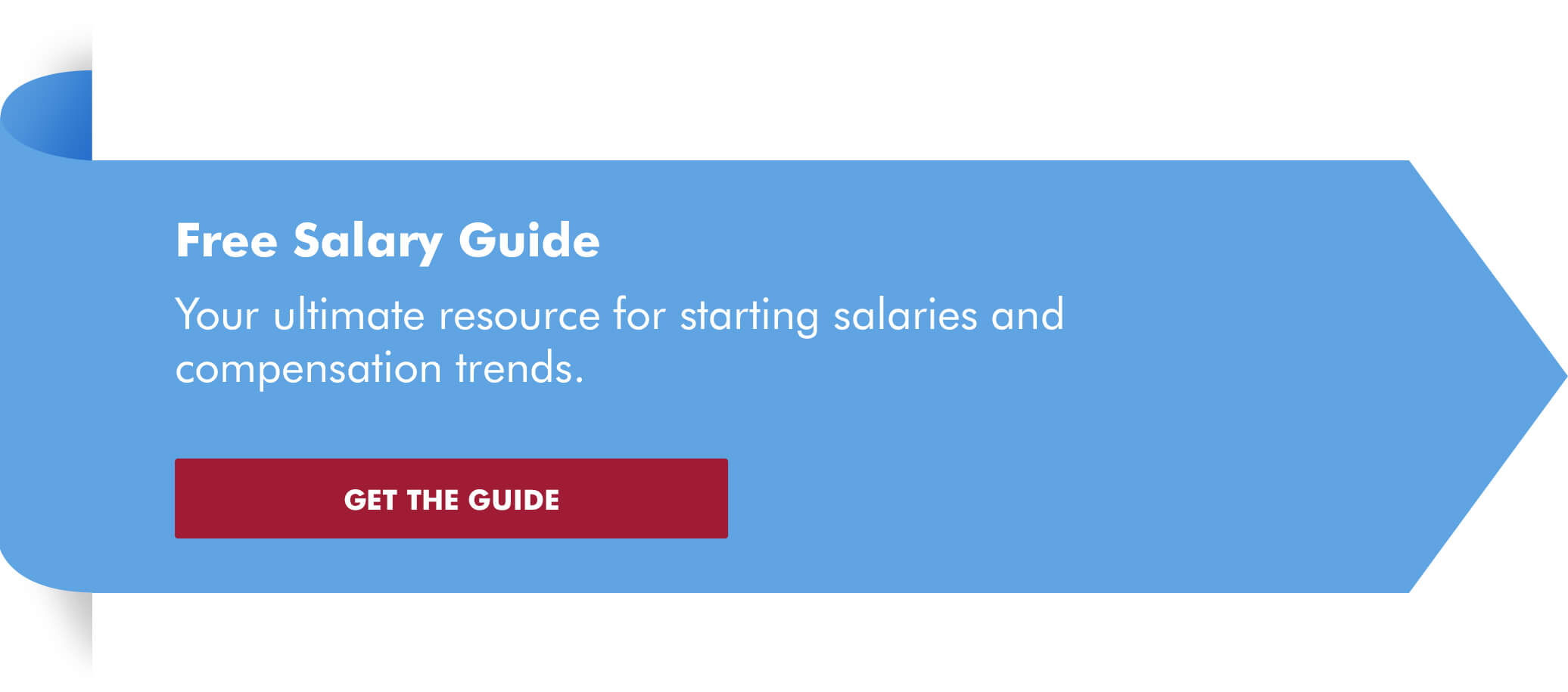The recent pandemic prompted many people to transition to retirement earlier than they’d planned. But now, some are considering returning to the workforce on a full-time or part-time basis. If you’re among them, know that you wouldn’t be alone. You’d be part of a current phenomenon, actually — the “Great Unretirement.”
The World Economic Forum (WEF) reports that the Great Unretirement trend — rising labor force participation among older workers — is occurring in many economies across the globe, including in the United States.
The rising cost of living is one reason many retirees are returning to work, according to the WEF. The results of a recent Robert Half survey echo that: More than one-third (34%) of former retirees who recently returned to the workforce said they did so for economic reasons.
However, some people also just like to work. And now that they’re in retirement, they miss it — a lot. They’re bored, they want to be more productive, and they want to keep learning new skills. But making a professional comeback after a retirement stint can be complicated (unless you’re Tom Brady or Cher). You may encounter a few challenges at first.
Employer misconceptions about retirees could slow your job search
Among the biggest challenges of getting your unretirement off the ground is overcoming (often false) perceptions employers might have about retirees — mainly that they’ve slowed down, lost touch with the industry or can’t keep up with the times. Demonstrating that you’re on the ball can prove to hiring managers that these notions are misplaced. The following tips can help.
- Explain how busy you’ve been. Be it on your resume, in your cover letter or during an interview, reveal a bit about what you’ve been up to while retired. This can include volunteering events you’ve organized or participated in, social groups you’ve led or joined, traveling you’ve done, and other activities.
- Sharpen and expand your skill set. Retiring doesn’t mean you have to stop learning. Showing that you’ve upskilled or reskilled on your own can impress hiring managers. Attending webinars, taking e-learning courses — such as those on LinkedIn — or getting a new certification related to your industry helps prove that you’re not slowing down. It also shows you’re comfortable using technology tools.
- Demonstrate your savvy. Some may think that retirees returning to work won’t be able to keep up with younger coworkers who are deeply entrenched in their chosen industry. Stay current with industry news and media (newsletters, podcasts, etc.) to show you’re still on top of the latest trends when talking to prospective employers. Bring up topics from these sources that you’re excited to learn more about.
- Make yourself visible online. Update your LinkedIn profile, including adding a recent photo. Also, join online conversations in groups related to the industry or role you’re interested in so that you’re active, up to date, and easy to find in the digital realm.
Subscribe to the Robert Half newsletter for access to articles and resources to help you land a new job wherever you are on your career path — even if it’s unretirement!
Look before you leap
Unretirement challenges don’t all come from the outside. Retirees who are overeager to get back to work might fail to take everything into consideration. Here are several things you can do to prevent that.
Check your retirement benefits
One of the primary issues to consider about getting a new job is whether it will affect federal benefits you may already be getting, such as Social Security, Medicare or Medicaid.
If you started receiving Social Security benefits before your full retirement age — which is 66 or 67, depending on the year you were born — gaining a new source of income may decrease the amount of your monthly benefit, depending on how much you earn from a new job. You wouldn’t lose that Social Security money — it would just come back to you in the form of higher payments after you reach full retirement age.
If you’re enrolled in Medicare, the higher income from a new job could push your premiums up, or your eligibility for Medicaid could be affected. However, this could be made a moot point if your new employer provides separate health insurance coverage. Either way, it’s important to find out how your situation could change.
Align your job search with your interests
Whether you’re returning to the same industry you left or entering a new one, choose a role that’s likely to keep you satisfied and engaged until you plan to end your unretirement.
Protect your work-life balance
Are you planning to go back to full-time work, or would you rather just work a few days a week? Either way, set expectations with hiring managers upfront.
It’s not likely you’re looking to ramp up an entirely new career, so there’s no need to fully jump in if you don’t want to. Contract or consulting work could be the best way to help you maintain a healthy work-life balance. Remote work opportunities are also an option.
Consider potential limitations
Depending on your profession, some physical job requirements might be more difficult to manage over the long term. So, be sure to think ahead when agreeing to certain job duties.
Unretirement is more common today than many people realize. If you think hitting the pause button on retirement could be the right move for you, it’s a path well worth exploring.
Many businesses are challenged in finding skilled workers in a market with low unemployment. Also, consider this: In a recent Robert Half survey, nearly one-quarter of workers who recently reentered the workforce after retirement said their company’s talent shortage has allowed their skill set to be more appreciated now than before they retired. Nearly 20% of respondents said they were also offered higher compensation because of their in-demand skill set.








